As the cold nights draw in and holiday seasons draw in, families will huddle around the fire and share fantastical stories – Roki inspires to be one of those stories.
Spending time with Roki at EGX 2019 and getting to speak with co-director Alex Kanaris-Sotiriou was an absolute delight. Evading the hustle and bustle of the show floor, Roki, by developer Polygon Treehouse, was a home of magic accompanying a world drenched in an utterly gorgeous and desirable sense of charm.
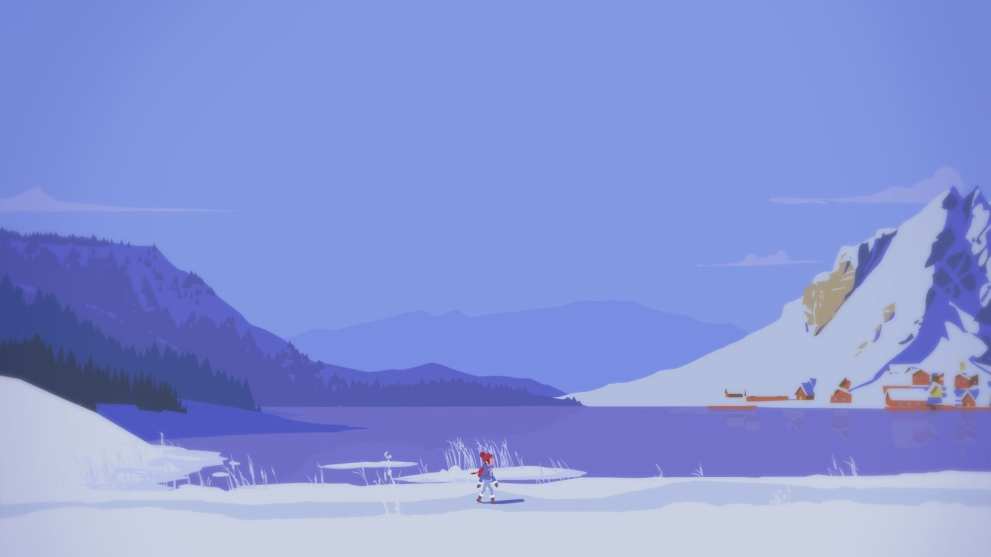
Having an inviting world was one of the key factors when approaching Roki, according to Alex.
“We wanted to make a game that was non-violent, and quite colorful so the art style is consistent throughout the game. Early on, it’s one of the first things that we defined in the project. It was about how we make quite a big fantastical adventure with small imagery. We didn’t really want to compromise on the scale of the story that we wanted to tell.”
Roki’s minimalist style is what makes the environments stand out which ensures an accessible barrier of entry for its adventure game tropes. Alex went on to say that “from a gameplay point of view we were inspired by games like Monkey Island, Day of the Tentacle and those classic point-and-click adventure games, but we very much wanted to take that genre and update it for players today.”
As previously mentioned, accessibility is a key factor when it comes to Roki and having the art style to compliment it works wonders. Many games of this genre can become lost in a confusing series of events. For example, using items on objects that would have no necessary means. Roki aims to combat that.
Everything within the world flows at a smooth pace as puzzles felt intuitive and natural. Playing as a protagonist known as Tove, you are able to gather items used to further interact with the environment.
One puzzle involving a locked gate was easily rectified by finding a nearby pin to pry it open. It’s this consistent momentum within the progression that makes Roki so accessible instead of being bogged down by conv
When asked if this was an objective that had in mind, Alex stated that “early on it was a key thing that we wanted to address, to create a frustration-free adventure game. So generally we have a few rules to make sure that all the puzzles follow real-world logic, but then we layer that stuff up.
We also have help systems within the game world, so if someone misses something, we have a way of flashing the intractable objects in the world, so we avoid people really hunting around. We want to ensure that the puzzles really work within the narrative flow, so the puzzles are part of that narrative flow.”
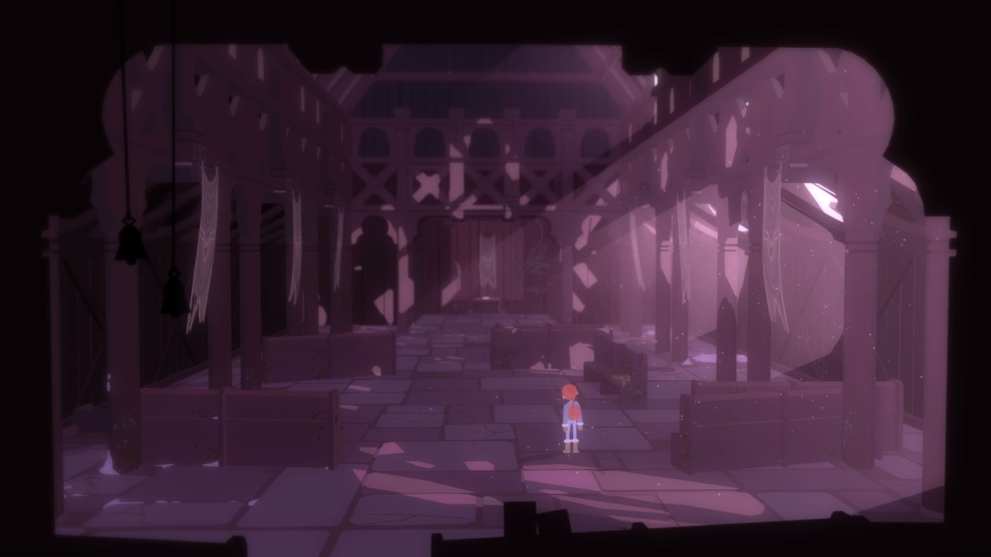
Though my time with Roki was short, it did provide a varied slice of what the world has to offer. Based on Scandinavian folklore, Alex and the team’s ambition “isn’t really the gods, but more the creepy critters from the lakes and forests.
We really like the idea of in a game, meeting monsters and not stabbing them, shooting them or chopping their heads off, but actually talking to them. Looking past their monstrous appearance and seeing the humanity underneath, so when you’re helping out each fairy-tale folklore creature it actually unlocks paths deeper into the forest. In today’s world, we thought it’s nice to have a game about kindness and helping people.”
My playtime involved helping a troll under a bridge, who’d been injured with a sword. To be able to progress, I would have to find the tools to assist my towering friend to pass under.
The series of events that happened to help the troll, again, gave a sense of natural progression. Tove doesn’t carry a huge amount of items at one time, but enough that that puzzles do require brain-power. Mixing items together is also a key ingredient in solving some of the more complex situations that Roki throws your way.
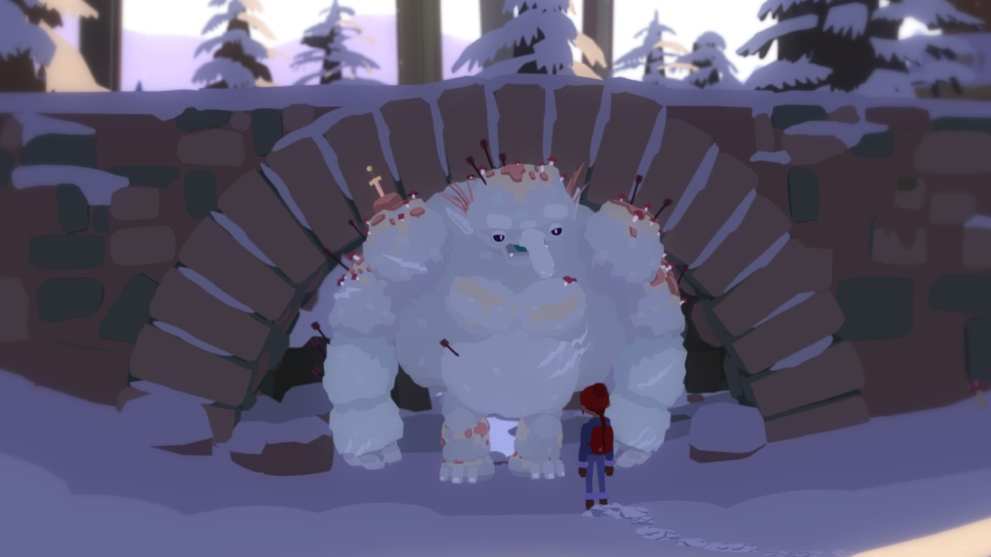
Exploring the picturesque landscape that Polygon Treehouse has created is a treat. Every frame oozes with a consistent, vibrant palette to complement its wonderful winter wonderland. Tove and the creatures that inhabit this world are truly beautiful creations, filled with life and an array of expressions, despite its low-key approach.
Having this welcoming approach to not only the landscape, but the characters have proven to have worked wonders for Roki. Alex made us aware that “it’s one of the first things that attracts people to the game because it does look quite striking, so it’s definitely one of the things that draws people in.”
Having such an inviting world layered into 3D environments could prove a daunting task, as players could find it easy to get lost, but Roki has features in place to ensure that this isn’t the case.
“We have Tove‘s journal” said Alex, “so she’ll write in her journal as she unlocks new areas and that’s got a number of different functions from a gameplay point of view. As the world opens up it gets quite big and so allowing her to find a way back to locations she’s been to before, she creates a map as she’s going. That’s quite handy for the player to go “Okay, so what did I do over here? Oh! I can go back and look at my journal entries and see it.” So that’s a way for the player to guide themselves through the game.”
The journal also serves as a tool to further learn more about the world, and the inspirations behind it. Entries will enable players to read more about the characters and setting if they so wish, to truly absorb themselves in Roki’s Scandinavian roots.
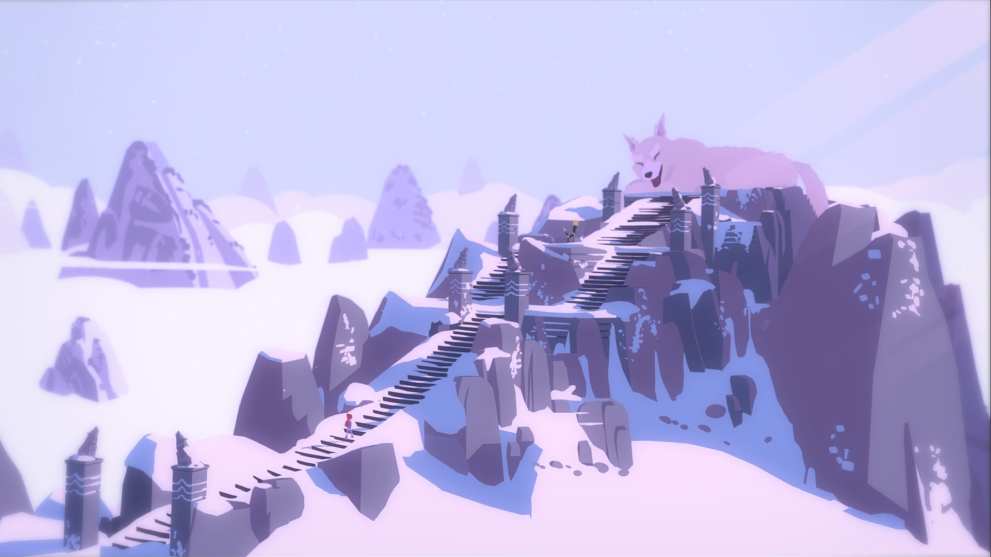
My gameplay time was gravitated more towards gameplay, but according to Alex, t
While exploring the world, there were connotations that there would be a darker tone to some aspects of Roki. Part of my adventure took me into a graveyard, which provided a somber tone and a stark contrast to the sense of adventure earlier portions had me engaging with – but it worked. The demo seemed as though it was teetering on the edge of a more serious note.
Alex stated that “it’s kind of like a layered narrative, so as well as this surface-level fantastical adventure, it’s also a journey into Tove‘s past. Tove will also visit like, fractured memories of the past. So as well as going deeper into the forest and deeper into folklore, you’ll also be going deeper into her past and her family and working out what’s happened to them.”
Audio is also a key component to make this story work. The music and sound design was both haunting and a means of absorbing the player into the fantastical world. Alex previously worked within Sony and knew that audio was always going to be a big part of what worked for Roki and its atmosphere.
“It’s very hard to tell an emotional story without audio being a really big key player. We knew we wanted to have a non-traditional soundtrack something that felt more modern and complimented the clean graphical style of the game.”
He further went onto say that ‘it’s a huge part of the game. Really early on just walking through the forest, as soon as we started layering music in it, it really adds to the atmosphere and you can tell a story without words. We definitely want to tell the story through exploration of the game world and through gameplay rather than cutscenes and loads of text.”
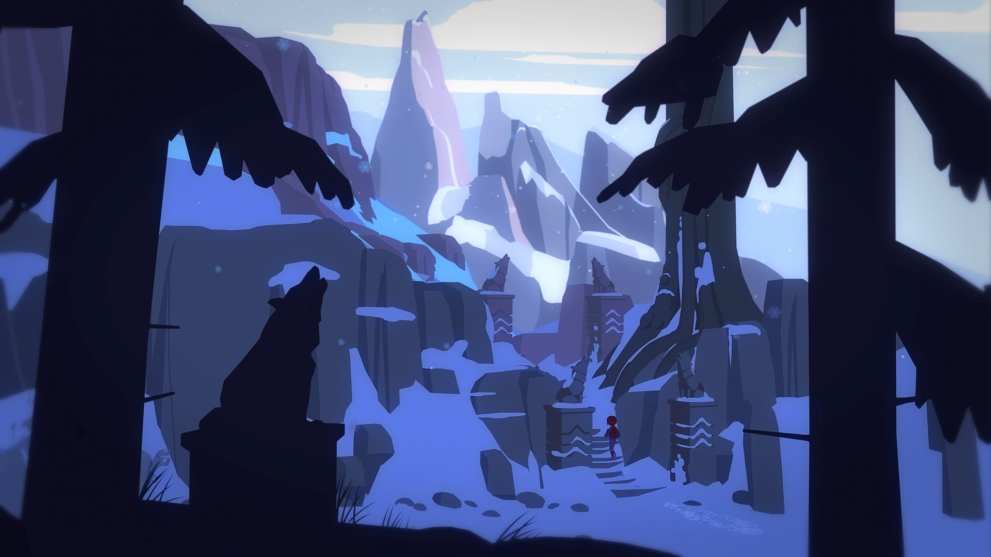
Roki was one of the biggest surprises of EGX 2019. While the art style was already apparent to be gorgeous; the world, story and audio are all worth praising. Alex and the team at Polygon Treehouse have crafted an unusual, but inviting world that I cannot wait to explore further.
From the accessibility of its adventure game genre tropes, to the enchanting world inspired by tales of Scandinavian folklore, Roki is a world begging to be experienced and one that will no doubt tug on the emotional heartstrings.
Roki is scheduled for a winter release on PC and Nintendo Switch.

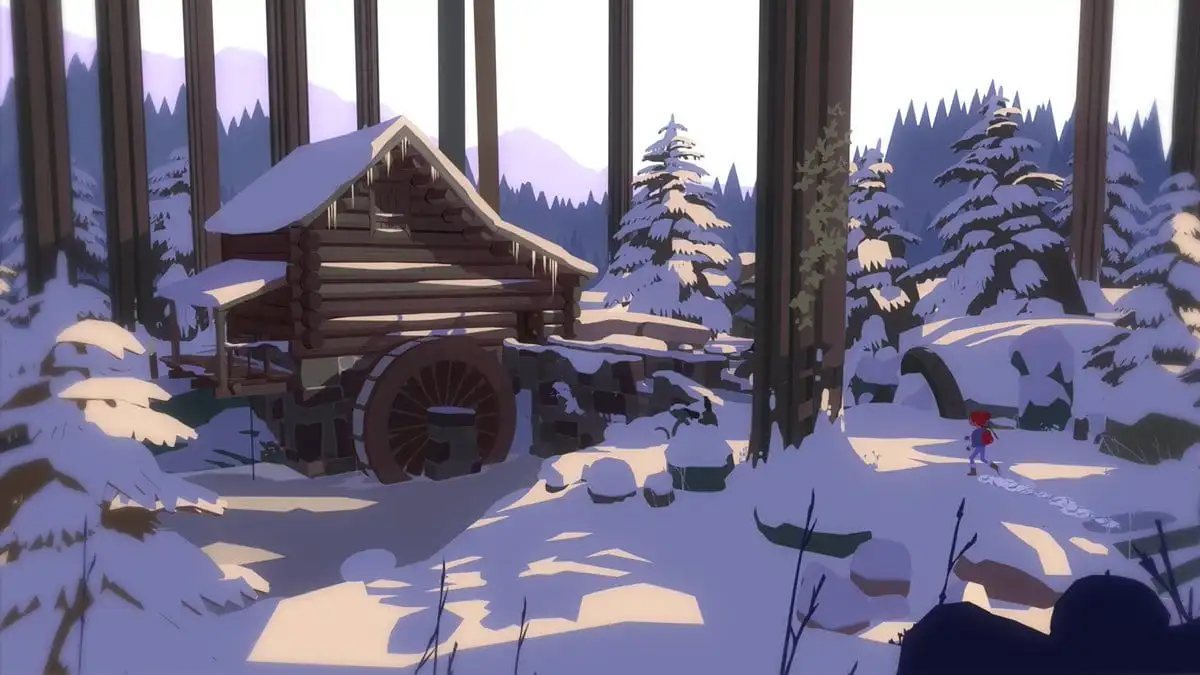











Updated: Nov 19, 2019 02:07 pm